Inside the PTO Tour: Triathletes plotting their own path, backed by a billionaire
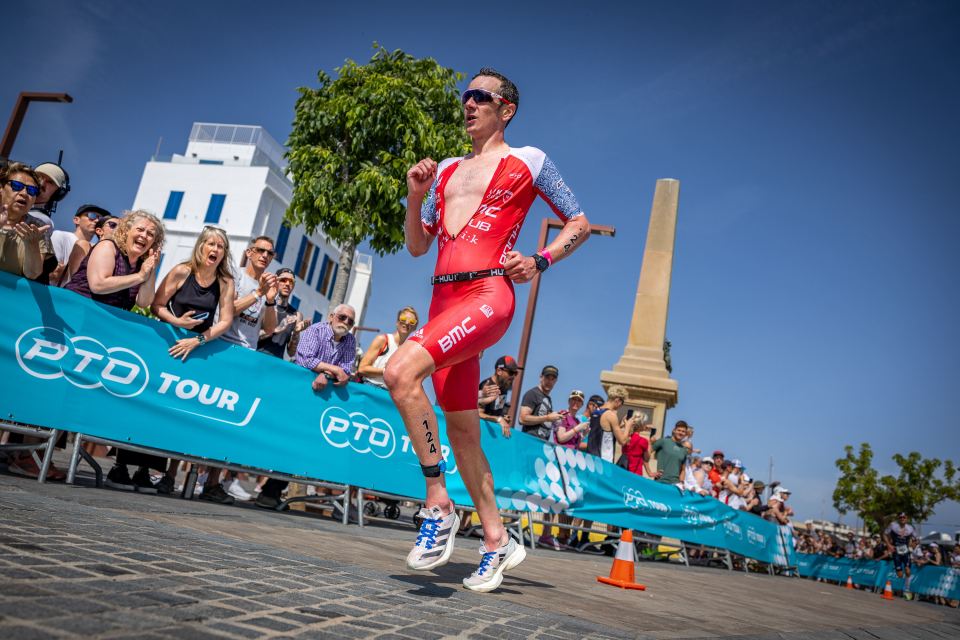
Ibiza usually moves to the beat of its clubbing crowd but for one weekend last month it was a different Lycra-clad set working up a sweat: top triathletes, including Alistair Brownlee, Lucy Charles-Barclay and Kristian Blummenfelt.
In the shadow of world-famous nightclubs like Pacha, some of the sport’s biggest names took on a 100km swim-bike-run course on the White Island and its surrounding waters, culminating in a finish by the harbour overlooked by Ibiza’s historic Old Town.
The race kicked off the second season of the PTO Tour, a big-money circuit aiming to establish triathlon as a spectator sport for an audience beyond the weekend warriors who – like Ibiza’s party crowd – love to raise the bpm.
Lending clout to the PTO Tour are some heavyweight figures, including billionaire British investor Sir Michael Moritz, an early backer of Google, YouTube and PayPal.
Warner Bros Discovery is an investor and advisor as well as broadcast partner, while Chris Kermode, the former president of the men’s tennis tour who brought the ATP Finals to London’s O2, arrived as executive chairman late last year.
But perhaps the most interesting aspect of the tour is that it is part-owned by the athletes – namely, members of the Professional Triathletes Organisation (PTO). A very 21st century business model, it borrows from Silicon Valley, where equity is often given to top talent.
For two-time Olympic champion Brownlee, it makes perfect sense for athletes to have a greater say in the sports in which they compete.
“The people out there on the field of play are the people it means the most to,” he told City A.M. in Ibiza. “If athletes are happy and believe they are being listened to then the sport is better and fans are more engaged.”
Brownlee says he has been “quite hands-on”, helping to sell the concept to investors and advising organisers on everything from course design and rules to location choice and safety considerations.
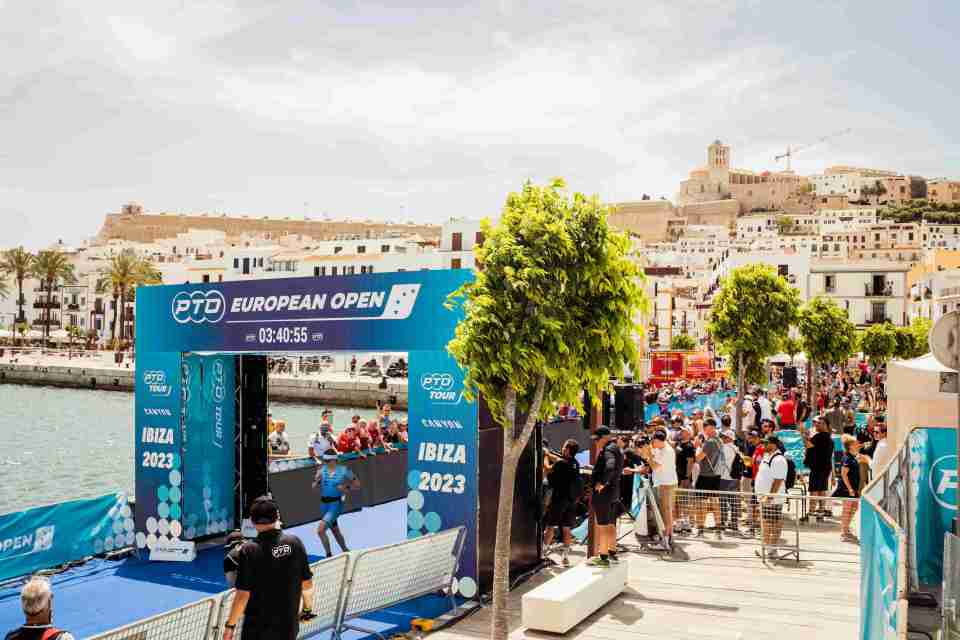
Kermode’s mission is “trying to take a sport that has huge participation numbers and turn it into a world-class sporting product”, he told City A.M.
But the PTO is not throwing out the baby with the bathwater; age-group mass participation triathlons precede all of the tour’s elite races, generating valuable income while Kermode and his team work on polishing the elite proposition.
He believes his outsider status is an advantage because sports are inhabited by “too many superfans”.
He adds: “They assume that people out there know who all the athletes are, and they don’t because they’re living a life. You’ve got to be detached and realistic enough to know what works for the casual sports fan. And that’s the market I’m really interested in.”
To achieve that buy-in, and attract other sponsors to join Garmin in partnering, Kermode has a checklist for the PTO Tour. It includes adding to the roster of three races a year to allow for season-long narratives, more comprehensive use of data to engage viewers, and a greater focus on telling the athletes’ backstories.
“When people come into sports and try to turn them around they get fixated on one ingredient,” he says. “[But] it’s a package of things that need to happen. It’s so remarkably simple and it’s crazy that so many sports don’t do it, but all the successful ones do.”
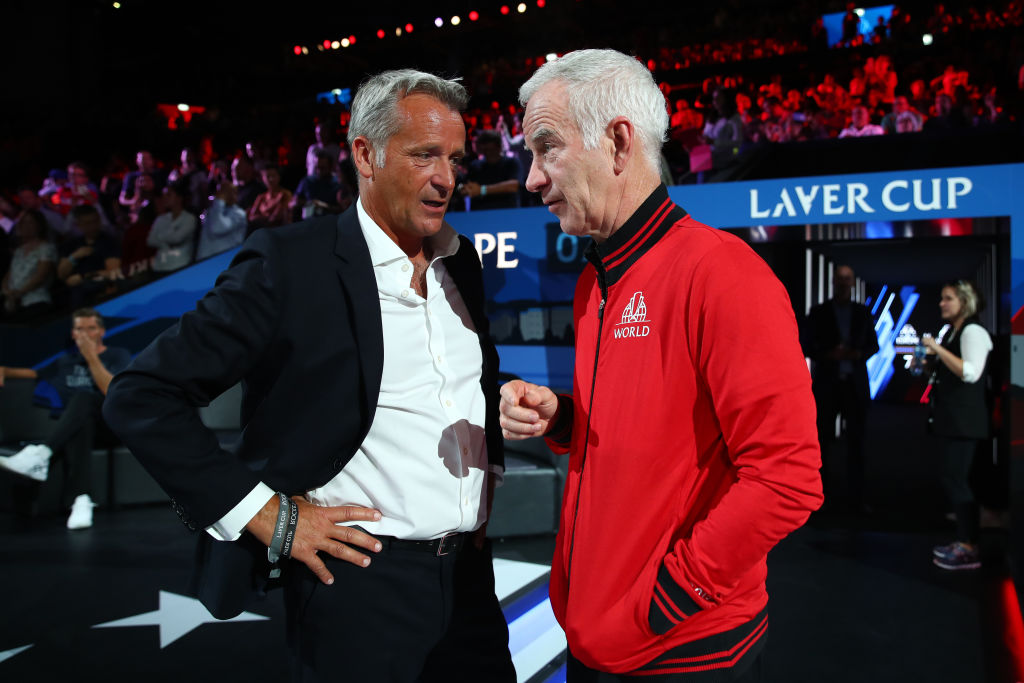
The calendar is a key issue. The European Open in Ibiza will be followed by races in Milwaukee and Singapore, both in August, but a planned season finale in Marrakesh won’t now be added until next year.
Kermode calls it “unacceptable” that the tour’s calendar was not finalised before the start of the year and says by October the 2024 and 2025 schedule will be set in stone. The number of races remains under discussion, but it will likely be more than four.
“The Grand Slam model is not sustainable,” he says. “That only works [in tennis] because there is a structure underneath [the ATP and WTA Tours]. We are in the content business and you have to provide year-long content to be engaging.”
Brownlee says spectator appetite for more races should be weighed against athlete welfare. “I think it probably needs to be more than four but not too many more,” he added.
Current Olympic and Ironman world champion Blummenfelt says “eight to 10 races could be possible”. He adds: “You want it long and challenging enough. And you want to get it across the whole world, taking advantage of what places have to offer.”
Locations are another important pillar, with Kermode wanting the “backdrops to be visual theatre”. The PTO Tour won’t rule out any venue, regardless of politics. “I think if you make a moral stand you’re in danger of not being able to play anywhere,” he says. “We’ve got to be open-minded.”
Host fees contribute to the business model. In return for its outlay, Ibiza attracted almost five thousand extra visitors, an estimated economic impact of $10m and helped to reposition the island.
“Ibiza is known for discos and beaches but we want to be a sporting destination,” the island’s president Vicent Mari told City A.M. “It’s really important for our income and image. This has been the best start to the [summer] season in history.”
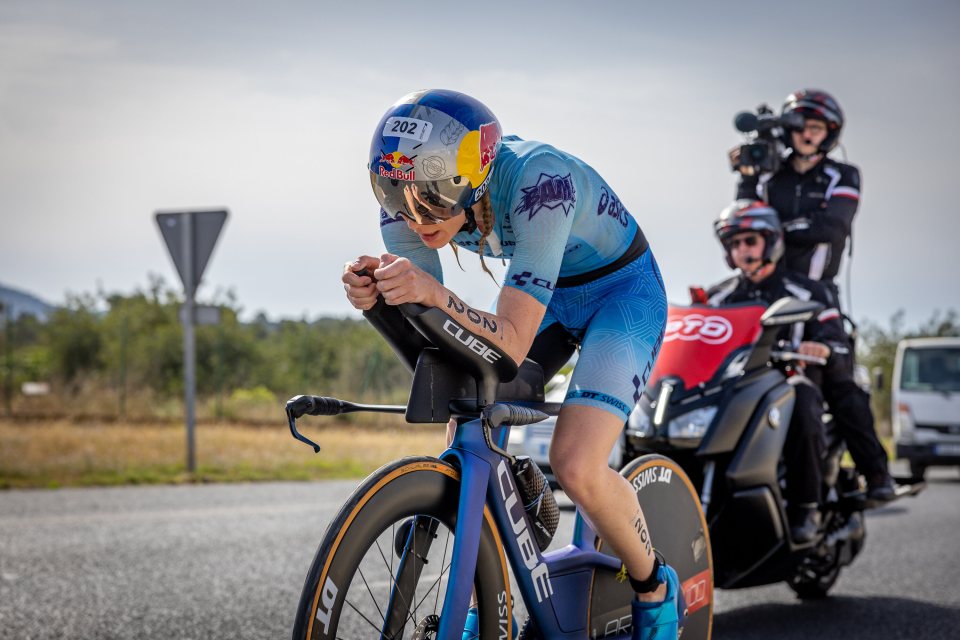
The low-profile Moritz was the principal early backer of the PTO Tour and “the sole reason I got involved,” says Kermode. “I didn’t know him before. He was different to anyone I’ve come across in 30 years – in intellect and style. Very understated and unbelievably straightforward.”
Moritz urged them to “be bold”, PTO Tour chief executive Sam Renouf says. “When we started people almost laughed us out of the room. That was never an issue for Mike because he backed Airbnb when it was just two people saying you could rent out a sofa.”
Kermode’s focus is now on ensuring that 2024 showcases the PTO Tour at its full potential. “We’ve told athletes this is a transitional year. There is not a bottomless amount of money.” Renouf says they have enough cash for 2023 and beyond but “fully anticipate needing to raise more money, just like most start-ups.”
Renouf is driven by his own backstory. A budding triathlete on the Great Britain team, he quit after realising being a pro wouldn’t pay the bills. Now he is set on changing that.
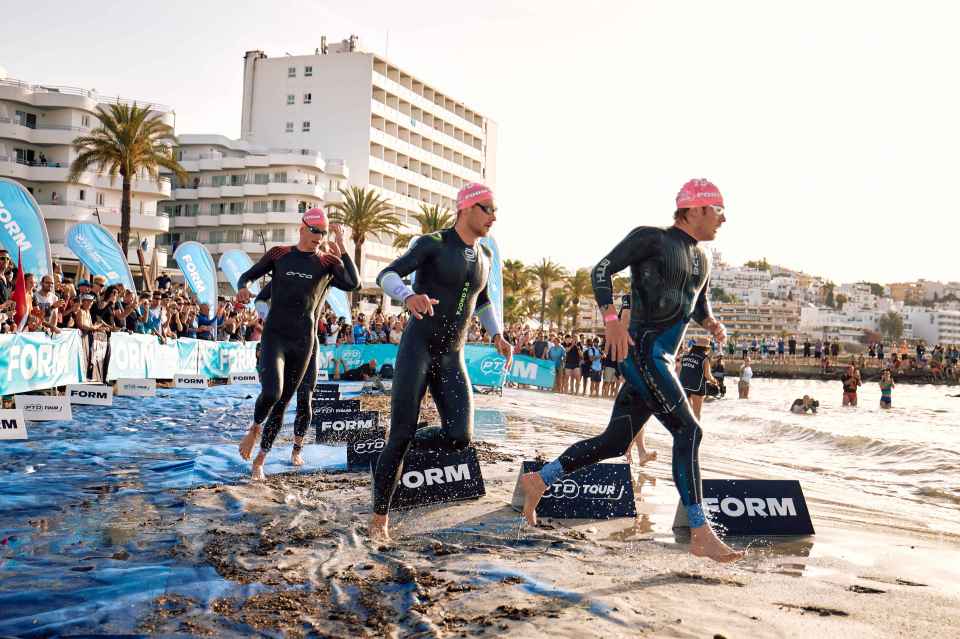
As triathlon grows, so does the money. PTO Tour races pay $100,000 to the winner, while its biggest stars like Blummenfelt and Charles-Barclay earn seven figures a year including endorsements. But with that comes other issues, and this year leading pro Collin Chartrier was banned for doping.
Kermode is convinced triathlon can break into the mainstream. “I believe we will do it,” he says. “It’s an incredibly exciting time to be involved in the sport. If I didn’t think that I wouldn’t be doing this.”
Blummenfelt praises the PTO for “trying to lift the sport up to the next level. It feels like we’re on the way to create something even better. I’m very excited to see where it goes in the future.”
Brownlee insists it is still early days but that, crucially, the stakeholders are aligned. “Fundamentally it’s creating great competition for athletes to be part of and to be broadcast in a way that inspires new fans to follow the sport.
“Those things are two sides of the same coin. We’re not there yet but hopefully we’re on the right progression.”
